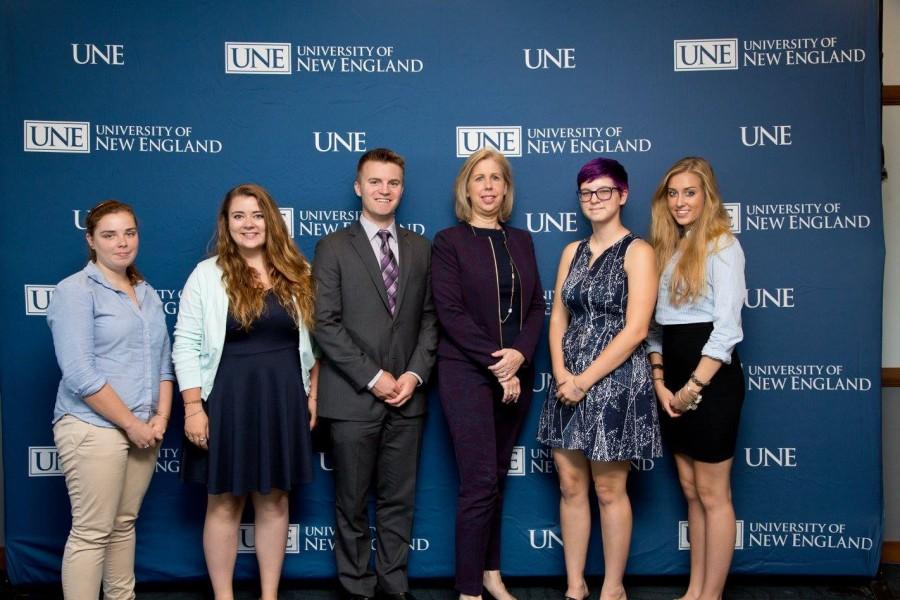TIME: An Interview with Managing Editor Nancy Gibbs
October 26, 2015
The University of New England hosted its annual “Bush Lecture Series” this year, spanning the week of September 24th. The main lecture on Thursday the 24th remained focused primarily on the impending presidential election; both UNE students and the public were offered attendance to the lecture, of which members of the Bush family shared their political wisdom and knowledge alongside TIME Magazine editors Nancy Gibbs and Michael Duffy.
Members of UNE’s Nor’easter News were fortunate to have the opportunity to interview Gibbs on both her political theories, as well as her career as a successful journalist. In the interview, Gibbs elaborated on a book she co-authored with Michael Duffy, entitled The President’s Club; Gibbs told Nor’easter News that the reason she loves presidential campaigns is simply because they are “delightfully unpredictable,” which she concluded is her exact reasoning as to why she never makes predictions about the outcome of campaigns. In discussing President George W. Bush Sr., she noted that he was seen as a father figure to many presidents, one of course being his own biological son.
Further along in the interview, Gibbs delved into the subtitle of her book, “Inside the World’s Most Exclusive Fraternity.” In concern to this “fraternity,” she feels as though the “President’s Club” will not always be a “fraternity,” but instead the American president will be determined by what the citizens desire, as she stated that she “think[s] people elect the candidates they want representing them.” Therefore, she believes that gender will not play an essential role in the process of election, undermining the eternal existence of a “presidential fraternity,” although she did mention that the “club” would still always remain exclusive.
In concluding the interview, Gibbs noted that journalism isn’t what it used to be, as social media has given everyone with a technological connection the ability to report, convey, and share stories just like journalist do. Gibbs stated her support for this by advocating for the sharing of political ideas, but also noted that a true journalist’s job is to fact-check and put events into context for their readers. Overall, Gibbs emphasized a memorable claim, as she stated in summary: “I love politics, but I mainly just love interesting people.”



